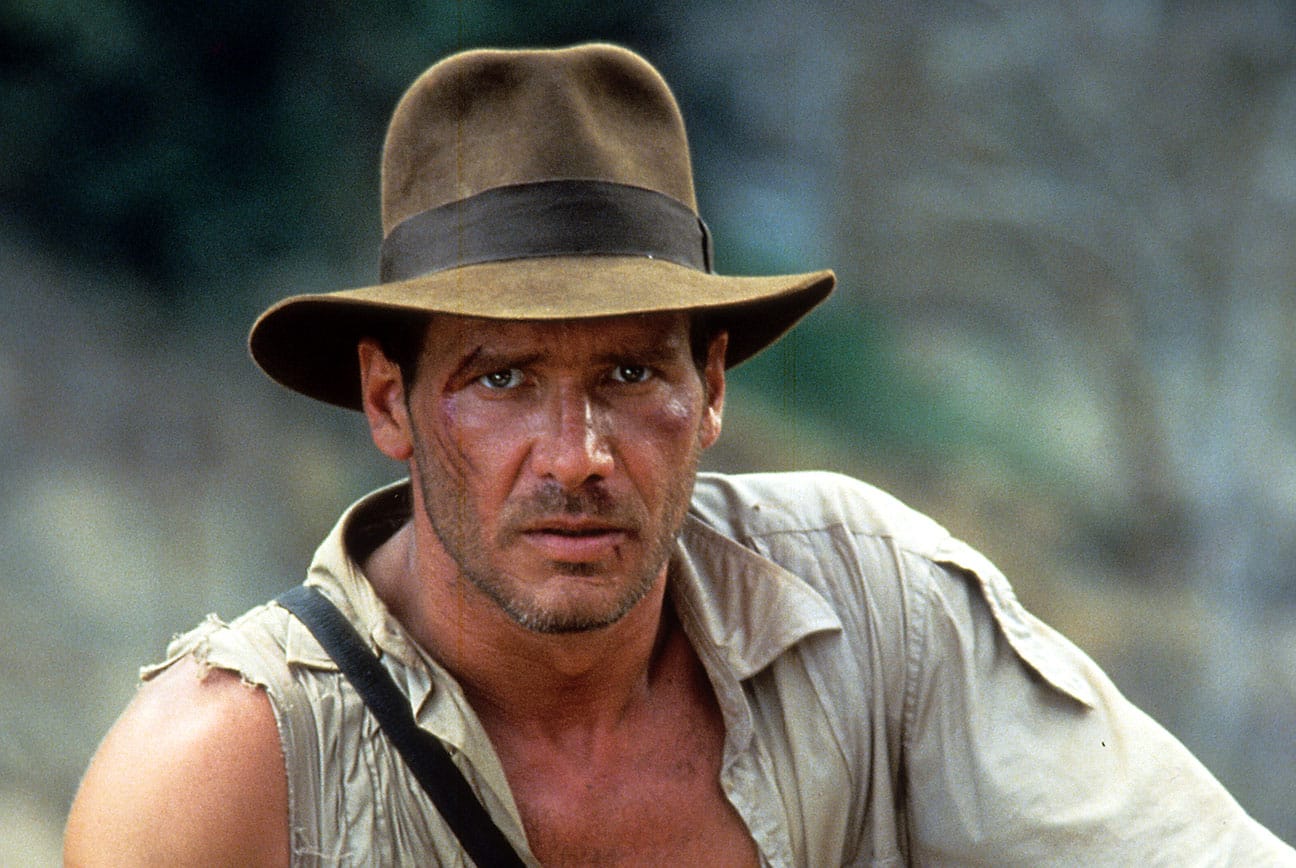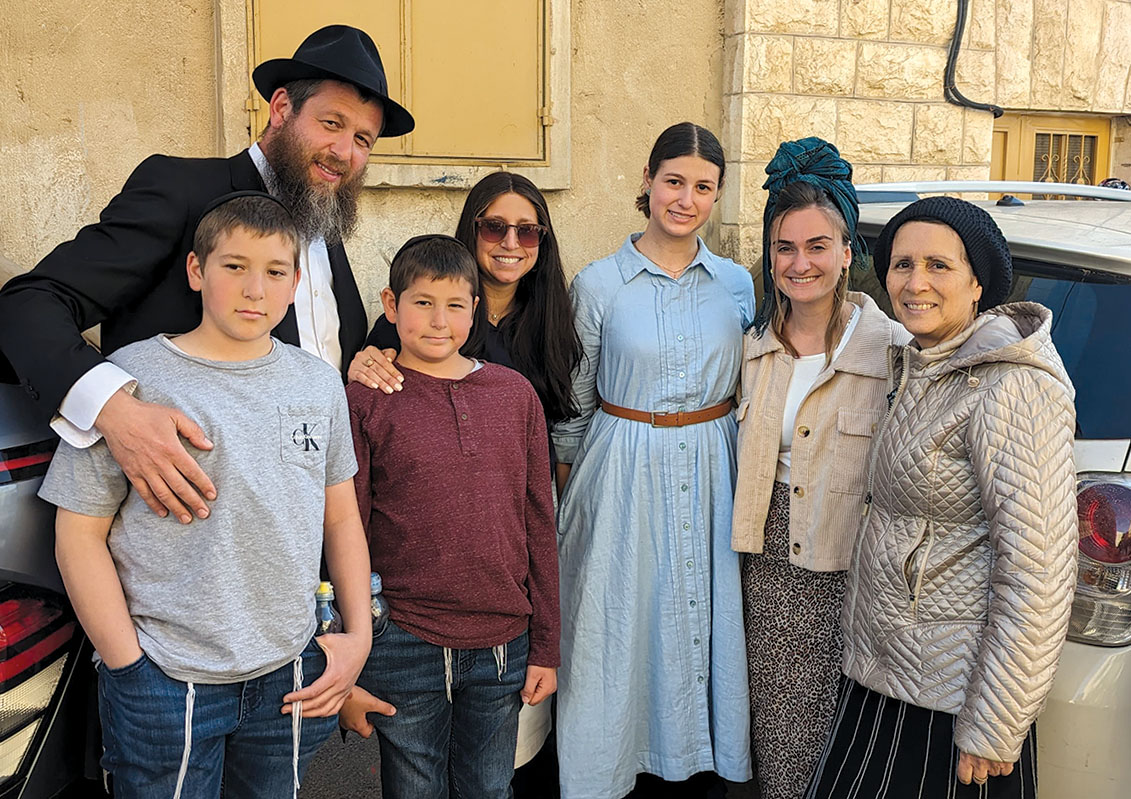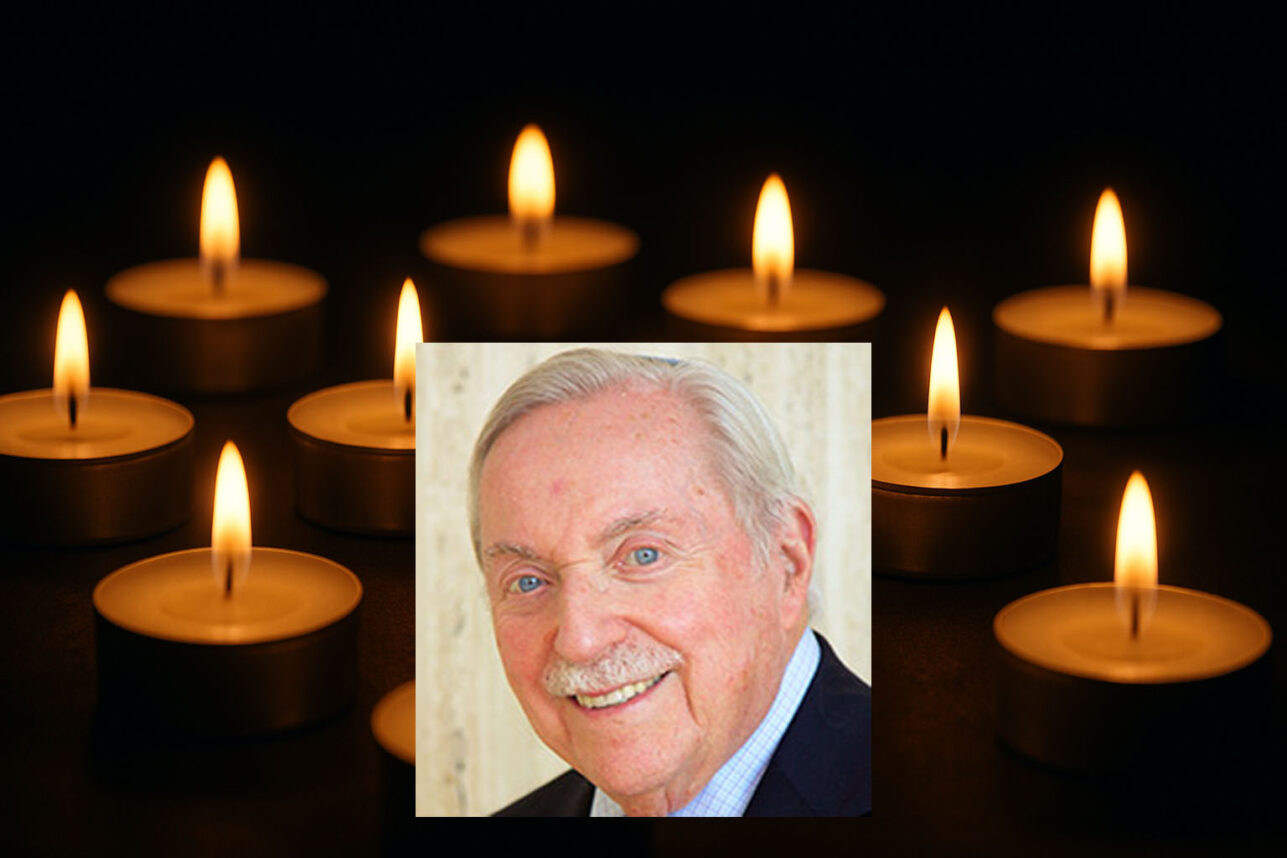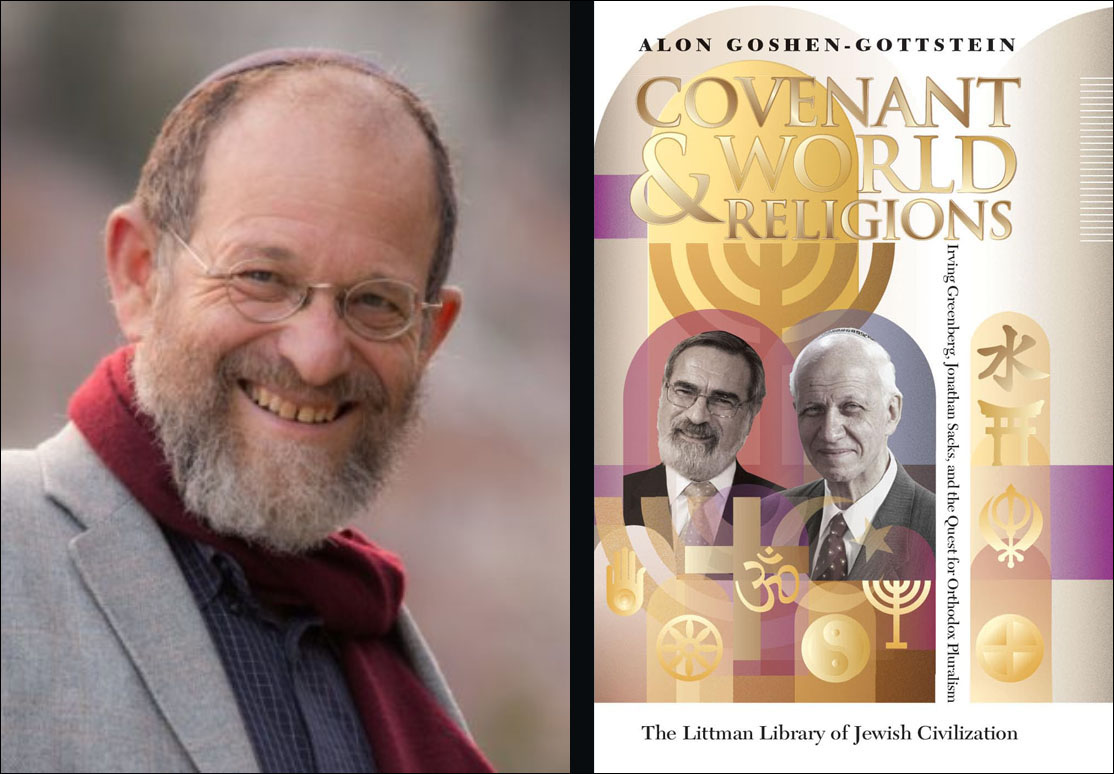
John Williams said that he could write a score for “Indiana Jones”
a fifth time because Harrison Ford was able for a fifth time to recapitulate his raiding role.
The Ark may never be revived as would the Jews’ bone-dry but undead bones,
revived by annual recapitulation of the words inscribed inside the Ark, on parchment parshiot on each Torah scroll,
so though the Ark may never, despite raiders such as Harrison Ford, be rediscovered and revive,
revivals with tropical cantation of the scrolls’ contents have enabled them and many of their readers to survive.
The word “tropical” in this poem’s last line alludes to the melody with which the text of the Torah is chanted whenever it is read liturgically. The Talmud (Megillah 32a) states that a bad fate will befall “anyone who reads from the Torah without a pleasant melody.”
Parshiot is the popular word denoting a biblical chapter that is liturgically read on Sabbath or a festival.
In “John Williams on ‘Indiana Jones’ and His Favorite Scores,” NYT, 6/24/23, Darryn King writes:
When the New York Philharmonic honored the work of the film composer John Williams this past spring, the director Steven Spielberg introduced a clip of the opening scenes of “Raiders of the Lost Ark” — without the music. The effect, he noted apologetically, was like something out of the French new wave.
The clip was played again, this time with the orchestra joining in. Like magic, the adventuresome spirit of the movie was restored.
On June 30, the rugged archaeologist at the heart of that film (played by Harrison Ford) will return for the fifth entry in the franchise, “Indiana Jones and the Dial of Destiny.” He’ll be accompanied, as ever, by Williams’s indispensable music.
The composer, who turned 91 this year, had said it would be his final film score. Speaking during a video call more recently, he walked back his retirement plans. “If they do an ‘Indiana Jones 6,’ I’m on board.”…..
The “Indiana Jones” movies feature a number of Williams’s most recognizable character themes. They also feature swaths of swashbuckling music precisely calibrated to the action onscreen.
“I don’t see John as simply a genius of themes and tunes, which he is of course,” the director James Mangold said. “Rather, it’s John’s moment-to-moment scene work that astounds me. Film scoring is really a kind of duet between the director and the composer. It’s John’s sensitivity to this partnership that most defines his work for me.”
On the appeal of scoring a fifth “Indiana Jones” movie, Williams said, “I just thought, if Harrison Ford can do it, I can do it.” The movie features a new theme for the character of Helena, played by Phoebe Waller-Bridge. “I had a wonderful time writing a theme for her,” Williams said.
“When John first played that theme for me, with the orchestra, I was wowed, of course,” Mangold said, “completely knocked over by the music. But I was also a bit nervous that it was just too much — too damned lush. Too romantic. John just smiled, gently, and let me babble, because I think he knew it was going to work beautifully.”
Gershon Hepner is a poet who has written over 25,000 poems on subjects ranging from music to literature, politics to Torah. He grew up in England and moved to Los Angeles in 1976. Using his varied interests and experiences, he has authored dozens of papers in medical and academic journals, and authored “Legal Friction: Law, Narrative, and Identity Politics in Biblical Israel.” He can be reached at gershonhepner@gmail.com.
























 More news and opinions than at a Shabbat dinner, right in your inbox.
More news and opinions than at a Shabbat dinner, right in your inbox.